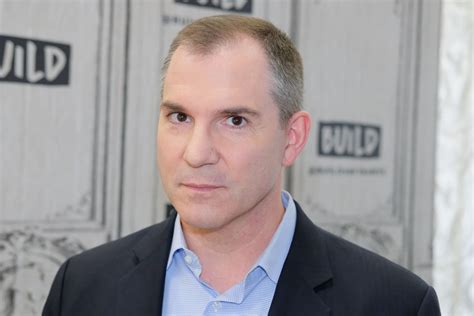A Quote by Mary L. Trump
Casual dehumanization of people was commonplace at the Trump dinner table.
Quote Topics
Related Quotes
Americans are curious about the texture of everyday life in the Middle East because they rarely get to see it. I wanted readers to feel like they were sitting around the dinner table with me and my friends, hearing what average people really say and really think, [where] the dinner table is the best place to find out.
I remember going to a Trump rally in South Carolina, and it was really important and it was really interesting to talk to the people who'd shown up there because they were not caricatures, and so often Trump voters, Trump supporters were being portrayed in the media, probably I'm guilty of it as well, as caricatures. Each of these people, and I talked to maybe a dozen of them, had a very particular reason why he or she was supporting Donald Trump , but these were not casual, inexplicable decisions.
When I first got on the internet as a tween, I wasn't comfortable showing up in social spaces. I didn't have a loud voice. As a function of my youth and gender, I wasn't given a voice at the dinner table, and nor maybe should I have been. But I thought I wanted one, and I was able to have it online. I wasn't a great talker, but I found these other skills. And when this stuff is described as "not real writing" or "bad for my brain" or whatever, it just seems like it's from people who wanted to keep their place at the dinner table.
Getting last-minute cancellations can put a black cloud over an event before it has even started. If it's a large, casual cocktail party, then I'll often not say anything until the next day. But if you're not able to make it to a small, seated dinner, you have to call the host - there's nothing worse than an empty chair at a table.






































